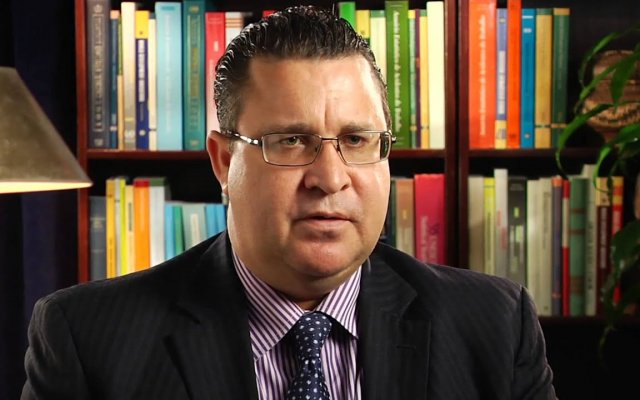World Bank supports Ghana’s reversal of land degradation with $103.4m
The World Bank has approved the sum of $103.4 million for Ghana to reverse land degradation in communities of the Northern Savannah Zone, as well as its cocoa forest landscape.
The financing includes the World Bank’s International Development Association (IDA) credit of $75 million.
The additional $28.4 million grants are from the Global Environmental Facility, the Extractive Global Programmatic Support, and the Global Partnership for Sustainable and Resilient Landscapes (PROGREEN) multi-donor Trust Funds.
The fund for the country is to reverse the loss of about 2.8% of national gross domestic product (GDP) through environmental degradation.
It is to also strengthen Ghana’s integrated natural resource management in about three million hectares of degraded landscapes.
The 2.8% loss in GDP implies that the country loses approximately $1.5 billion of its current GDP of $74.26 billion to unsustainable use of land for agriculture, forests, and mining.
The World Bank has noted that if the extraction of the country’s natural resource remains unchanged, Ghana would see its natural resource base destroyed over the long term, with fewer opportunities to sustain growth and shared prosperity.
However, the Bretton Wood institution said the $103.4 million when utilized effectively and efficiently, together with the implementation of the Ghana Landscape Restoration and Small-Scale Mining (GLRSSM) project, the situation would change.
“The project will help boost post-COVID-19 economic recovery, create jobs, and secure livelihoods in some of the poorest parts of Ghana by focusing on agricultural productivity, ecosystems management, and sustainable small-scale mining,” the World Bank Country Director, Pierre Laporte, said.

The GLRSSM project is focused on land-use planning for integrated landscape management for the promotion of sustainable mining by helping formalise artisanal and small-scale mining.
The project is also to support sustainable land, water, and forest management activities in the climate-vulnerable target landscapes.
Commenting on the project, the World Bank Practice Manager, Environment, Natural Resources and Blue Economy, Sanjay Srivastava, said, the project would place landscapes and mining sector management on a path that would transition from degraded landscapes.
In addition, it would see the transition of degraded landscapes from poverty, and low productivity toward a resilient landscape that optimises the ecosystem functions for better livelihoods and more sustainable economic returns.
The project would also enhance women’s role in local-level forest and landscape management activities, and create better income-generating opportunities to benefit over 250,000 people.
READ ALSO: 80% Of Ghana’s Forest Destroyed
The country’s forest cover has been depleted, with only 20% remaining. This is because the 8,200,000 hectares of forest cover that the country had around 1900 has reduced to 1,600,000 hectares due to destruction.
These practices include illegal mining (galamsey), harvesting trees, agriculture, wildfire, settlements and other human activities.
Not only that, over the years, there has not been any corresponding aggressive afforestation exercise to ensure the protection of the country’s forest cover, leading to continuous depletion.
Acknowledging the extent of damage made to the forest cover and its associated effects on land, water bodies, and climate change, the government has come out with a project to restore the country’s forest cover “sufficiently.”
To this end, millions of trees were planted across the country, on Friday, June 11, which was christened ‘Green Ghana Day.’
Green Ghana Day is to awaken the country to appreciate the need for tree planting.
Sub-Saharan African countries to restore 100 million hectares of land by 2020
Sub-Saharan African countries are on an ambitious path to restore and sustainably manage 100 million hectares of land in the region by 2030, and several countries are showing success.
So far, 21 African countries have committed to restore over 63 million hectares by 2030. Ethiopia has made the largest commitment with 15 million hectares, an area greater than the size of England.
Rwanda, the first to commit, challenged itself to restore two million hectares, including 80% of agricultural land.
Major new restoration commitments and formal expressions of interest have been announced by Benin, Burundi, Cote d’Ivoire, Guinea, Ghana, Kenya, Malawi, Senegal and Tanzania.



